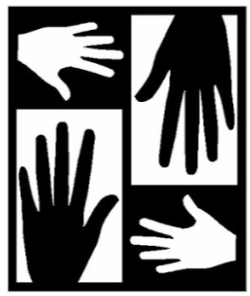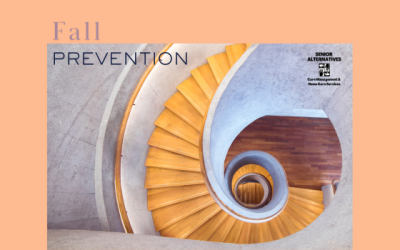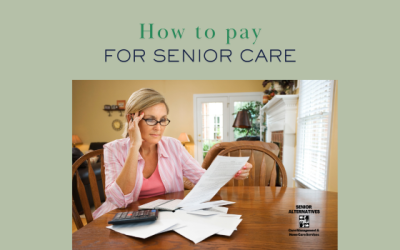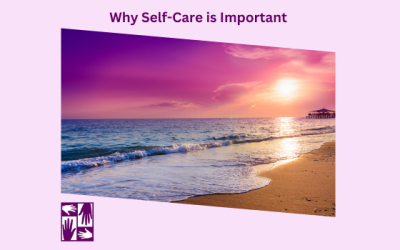October 14, 2014
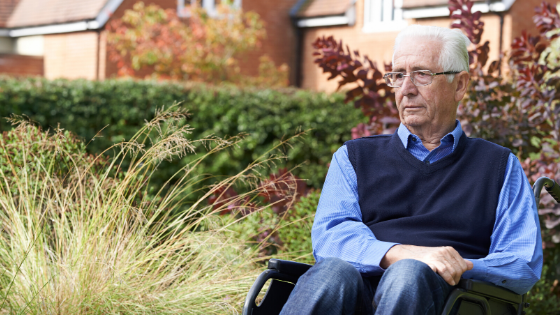
Despite common assumptions, depression and aging do not always go hand in hand. Many of us believe that depression is part of the natural aging process as many of our older loved ones experience an increase of grief (loss) and/or overcoming illness. This is not the case. In fact, the majority of older adults do not suffer from depression and it is estimated that only one to five percent of older adults are clinically depressed.
What is depression?
Depression is a medical illness like diabetes or cardiovascular disease and is different from sadness or grief. While everyone experiences feelings of sadness and loss at times in their lives, these feelings are balanced with moments of joy or happiness. When someone is depressed, they are not able to experience moments of joy and their feelings of emptiness, apathy, and sadness are unrelenting.
What causes depression? There are a variety of genetic, chemical, biological, social, and environmental factors that contribute to depression. People who suffer from chronic or acute illnesses are more at risk of developing depression. Some medications can also trigger depression.
Some common symptoms of depression in the elderly may include:
Difficulty sleeping
Loss of appetite
Vague complaints of discomfort or pain
Irritability
Lack of energy o a feeling of hopelessness
Memory loss
Is Depression treatable?
Yes. Up to 80% of people with depression can experience relief of their symptoms through various treatment plans. Effective treatment for depression may include: antidepressants, supportive counseling, and exercise. Preventing isolation and finding ways to engage the person in activities is also a great way to battle depression.
Unfortunately, depression continues to be incorrectly diagnosed as a disease of the elderly. Geriatric professionals, such as Care Managers, possess the tools to accurately assess if your parent or loved is depressed, or if they are at risk of depression. Remember that it is never too early to investigate symptoms or to seek the advice of a professional. Even though it may be uncomfortable, you won’t regret taking steps to ensure that your loved ones will continue to live the best life that they can.
In fact, the majority of older adults do not suffer from depression and it is estimated that only one to five percent of older adults are clinically depressed.
Related Articles
September is Fall Prevention Awareness Month
As we get older, a simple trip or fall can have serious consequences, impacting our mobility and confidence. The good news is that most falls can be somewhat preventable, read on for more tips…
Funding Options for Older Adults
This guide will walk you through the many ways to pay for senior care and support, it will show how families and elders can supplement care and senior housing.
International Self-Care Day 7/24
The date, 7/24 symbolizes the idea that self-care should be practiced 24 hours a day, 7 days a week. It’s a gentle nudge to make self-care a daily priority, not just a once-a-year activity. Read more on ways to create a self-care plan.

